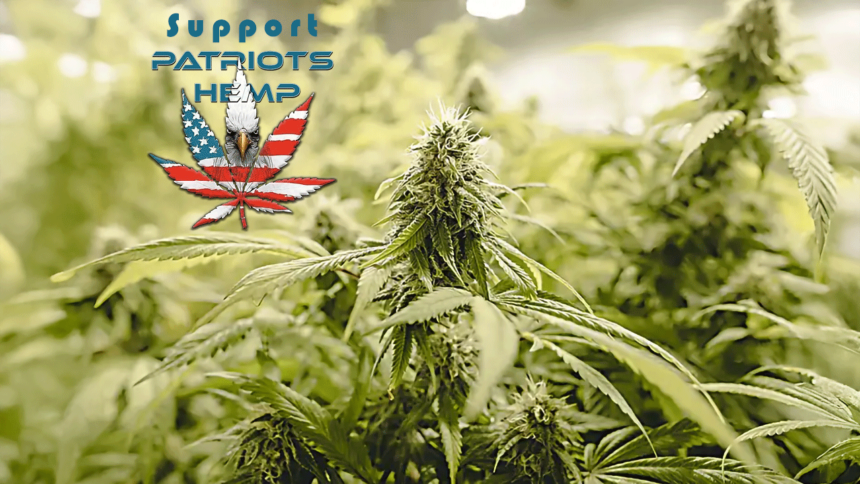Supporters argue that criminalizing drug use pushes people into the shadows, making it harder for them to get help.
By Evan Popp, Maine Morning Star
Maine saw a reduction in the number of overdose deaths in 2023. But with hundreds upon hundreds of drug-related deaths last year, advocates and lawmakers say the state is still in the midst of a serious crisis.
In total, there were 607 confirmed or suspected overdose deaths in 2023, a 16 percent drop from the record total of 723 in 2022. Along with the 607 deaths, there were 9,047 confirmed nonfatal overdoses last year (compared to 9,760 in 2022).
“I think it’s hard to talk about this because that’s still 607 people who died last year and I don’t want to celebrate that whatsoever,” said Courtney Gary-Allen, organizing director of the Maine Recovery Advocacy Project. “That being said, there is a reduction, and I think we should be proud of the work that we’ve all collectively done on this issue.”
Gary-Allen cited investments in treatment by Gov. Janet Mills’ administration, the bipartisan consensus that substance use is a serious crisis that needs to be addressed, and the passage of the Good Samaritan law—which created enhanced protections from prosecution at the scene of an overdose to encourage people to call for help—as possible reasons for the reduction in deaths in 2023. Others have also cited the increased availability of the opioid overdose reversal naloxone.
Still, Gary-Allen said there is much more to do to address the overdose epidemic.
“I still have the faces in my head” of those who have died from drug overdoses, she said.
One proposal, backed by advocates in the recovery community and sponsored by Rep. Lydia Crafts (D-Newcastle), is to decriminalize the personal possession of illegal drugs and invest in an array of treatment options.
Supporters of the measure argue that criminalizing drug use pushes people into the shadows, making it harder for them to get help. Policing drug use and imprisoning people for substance use-related crimes also takes money away from a treatment-based approach, proponents of the bill say.
In all, policy analysts estimate the state could save around $45 million a year from not punishing people for possession of small amounts of drugs. Under the terms of the proposal, that money would then be invested into expanding what advocates say are often scant treatment options around the state.
Proposal faces pushback
The decriminalization bill is opposed by Mills, who has expressed qualms about the feasibility of the measure’s proposed expansion of the treatment system. A representative from the governor’s office also said at a hearing in January that, “At a time when…street drugs are the most lethal they have ever been,” decriminalization is not something Mills can support.
Mills, a Democrat, has often been skeptical of further-reaching drug policy and criminal justice reforms.
Although the decriminalization bill is being co-sponsored by Republicans such as House Minority Leader Billy Bob Faulkingham of Winter Harbor and Reps. Lucas Lanigan of Sanford and David Boyer of Poland, the bill may also face a frosty reception from other members of the GOP.
At a press conference Tuesday, Republican Senate Minority Leader Trey Stewart of Aroostook expressed skepticism about the proposal.
“I think there’s been a general unwillingness to go that far,” Stewart said. “I think that’s kind of the other end of the spectrum here. There’s a middle ground that involves certainly holding people accountable and definitely those that are engaging in dealing [drugs].”
At that same event, Faulkingham argued that the GOP can’t exclusively promote punishment of drug use.
“The image you’ve seen in the past is that Republicans are the party that’s only about enforcement, drug enforcement,” he said. “But I think from this point forward, what you’re going to see from the Republican Party is a more holistic approach that takes recovery seriously.”
Republicans in the past have largely voted against decriminalization initiatives, with Democrats being more supportive, although some Democrats joined with most members of the GOP to sink a proposed decriminalization bill in 2021.
At this point, Gary-Allen said she’s interested in results. She said passing the decriminalization bill remains a big priority for the recovery community but that she wants to make sure the bill can garner the support of Mills and legislative Republicans and is working to ensure it can. That could mean some amendments to the proposal as it moves through the legislative process, she said.
Gary-Allen said another priority is a bill that proposes using a portion of cannabis tax revenue to fund recovery community centers around the state. That measure has already been passed by the Legislature but is on the Special Appropriations table awaiting funding.
Republicans propose other bills
At the press conference Tuesday, Republicans discussed several other substance use-related bills. One proposal from Sen. Brad Farrin (R-Somerset) would direct the state to study its substance use treatment system and identify best practices to address shortcomings. Another of Farrin’s bills would require education in grades 6-12 on the dangers of fentanyl use—which was the most frequent cause of overdoses in 2023—and drug poisoning from other dangerous substances.
At the event, Farrin also discussed how the overdose crisis has personally affected him. His daughter, Haley, was one of the 723 people who died from an overdose in 2022, he said.
“We want to bury our heads in the sand and think we won’t be impacted and it won’t touch our lives,” Farrin said. “And I’m telling you it does. And if you haven’t been touched by it, I’m telling you, you will be.”
Overall, Farrin said Republicans are supporting an approach to the crisis that combines enforcement, education, and treatment/harm reduction.
The idea of using enforcement to address substance use has come under increased scrutiny from the recovery community and treatment providers, though. Such advocates have argued that because substance use disorder is a disease, it should be treated as a public health problem rather than a criminal issue.
Still, Gary-Allen—who watched the Republican press conference on Tuesday—said she’s heartened to see that the GOP is beginning to take a more multifaceted approach to the substance use crisis.
“I do want to give them credit,” she said. “Over the last few years they have been good to the recovery community on multiple things. Sometimes we disagree on some criminal justice reform stuff [but] prevention is something that’s very important and does need to have the spotlight on it.”
This story was first published by Maine Morning Star.




















